Digital Nomad Visa Spain for U.S. W-2 Employees – What You Need to Know – 2025 Guide
Can W-2 Employees Apply for the Digital Nomad Visa in Spain?
Yes, you can.
Despite some early uncertainty, Spain’s Digital Nomad Visa now offers a clear, legal pathway for U.S. employees to live and work remotely from Spain — without needing to freelance, form a company, or quit your job.
Let’s break down how it works, what documents you need, and how to optimize both your immigration and tax situation.
W-2 Employees Are Eligible
When Spain introduced its Digital Nomad Visa in 2023, the law allowed both self-employed individuals and employees of non-Spanish companies to apply.
But in practice, U.S. W-2 workers faced challenges. Many early applications were rejected or delayed because of doubts around social security compliance .
Fast forward to 2025, and the situation has evolved. W-2 employees are now being approved regularly, as long as they meet a few key conditions:
- You’ve been employed by your company for at least 3 months
- The company is based outside of Spain and has operated for more than 1 year
- You hold a university degree or can demonstrate 3+ years of relevant experience
- Your contract allows for remote work from abroad
- You include a valid Certificate of Coverage from the U.S. Social Security Administration
What Is the Certificate of Coverage?
The Certificate of Coverage is a document issued under the U.S.–Spain Social Security Totalization Agreement. It proves that:
- Your employer continues to pay your U.S. Social Security
- You remain under the U.S. system and are exempt from registering with Spanish Social Security
- The period of coverage is clearly stated (usually up to 5 years)
This document is critical. Without it, Spanish authorities may require you to register locally, creating potential liabilities and costs for both you and your employer.
Important: Your employer must request the certificate by filing Form SSA-101 with the U.S. Social Security Administration. Apply early to avoid delays.
Taxes in Spain: Can You Qualify for the Beckham Law?
Once you’re a Spanish resident, you may be eligible for the Special Expats Tax Regime — better known as the Beckham Law.
If accepted into this regime, you pay:
- A flat 24% tax on Spanish-source income (up to €600,000/year)
- No Spanish tax on foreign investment income (dividends, capital gains, interest, etc.)
To qualify:
- You must be an employee, not self-employed
- You must move to Spain for work-related reasons
- You must not have been a Spanish tax resident in the previous 5 years
- You must apply within 6 months of registering with the Spanish tax authority (AEAT)
- The regime lasts for 6 years and can significantly reduce your tax burden compared to Spain’s regular progressive tax rates.
Why This Path Makes Sense for U.S. Employees
If you’re a U.S.-based remote worker, this visa offers several clear advantages:
- You can keep your current job and stay on U.S. payroll
- You avoid double social security contributions
- You may reduce your tax burden under the Beckham Law
- You can move with your family
- You avoid the hassle of freelancing, incorporating, or changing your employment status
In short: what used to be a legal grey area is now a well-defined process.
Common Mistakes to Avoid
- Applying without a Certificate of Coverage
- Submitting a contract that doesn’t clearly authorize remote work
- Waiting too long to apply for the Beckham Law
- Failing to use sworn translators for official documents
Working with a legal professional who understands the intersection of U.S. and Spanish systems can help you avoid these pitfalls.
Final Thoughts
Spain is quickly becoming one of the top destinations for remote workers — and U.S. W-2 employees can now take full advantage of the Digital Nomad Visa.
With proper planning, you can live legally in Spain, keep your job, protect your employer from risk, and benefit from a favorable tax regime.

